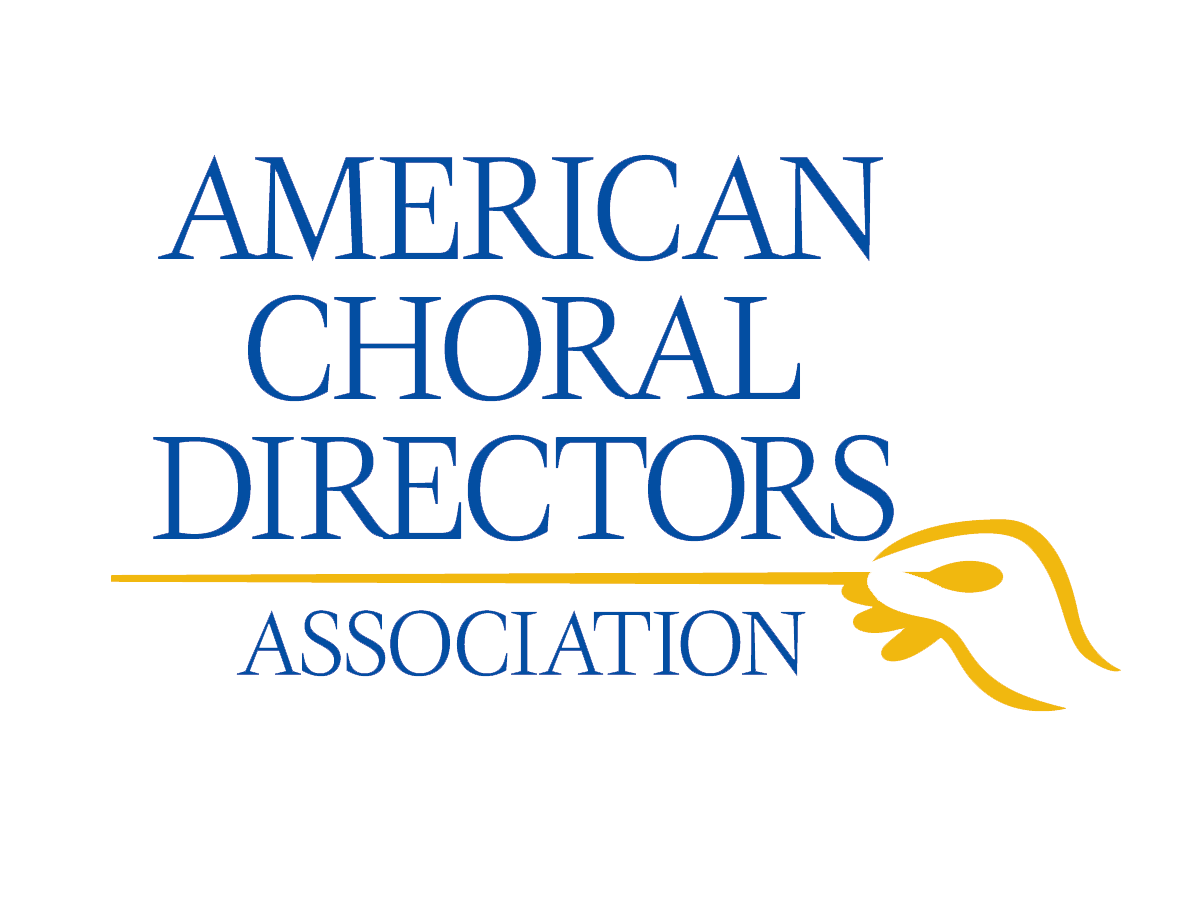This session will show the positive impact of incorporating African Drumming and Dance into choral practice and performance. Specifically, West African Dance is a full-body, high-energy experience requiring both coordination and communication, and control of the body and the mind—skills that are essential for exceptional choral singing. During this session we will examine how singers’ […]
Sample Page
Young People – Old Music: Building Bridges
In a recent survey of music per-formed at ACDA National Conferences from 1960 to 2017 (Choral Journal, May 2017), less than 20% of compositions were from the Romantic period or earlier. With so many new choral titles available today, it can be easy to neglect music from earlier historical periods. Selling “old” music to young […]
You Betta Sang! A Practical and Pedagogical Approach to Gospel and Spirituals
This lecture/demonstration session will discuss the pedagogical differences between the gospel and spiritual genres. The clinicians will address pedagogical issues often related to these genres and provide guidelines when working with singers to achieve stylistically correct performance practice with healthy tone production. Much of the discussion and demonstration will aim to supplement and enhance older […]
Yes, We Test Too: Assessment in the Middle School Choral Classroom
Join us as we explore options and opportunities for assessment in general knowledge, vocal ability, and ear training. We will explore opportunities to use technology in assessment and how a rubric can guide your students in self-assessment. Assessment is a valuable tool to all teachers, but to choral directors it is an important tool on […]
Where the Boys Are: Recruiting, Engaging, and Maintaining Tenors and Basses
Need more young men in your choirs? Get practical ideas from a director who started with eleven men and grew them to one hundred!What makes it “cool” to sing? How can you get all types of guys singing? Once you bring them into your choir room, how can you keep them, train them, and get […]
When Dreams Fly
ACDA awarded Delaware ACDA one of its inaugural grants as an initiative to shine a light on choirs that effect social change in inner cities. Delaware ACDA, the Cathedral Choir School of Delaware, and renowned composer Rollo Dilworth have worked together to commission a new work celebrating the impact of choirs on inner cities. When […]



